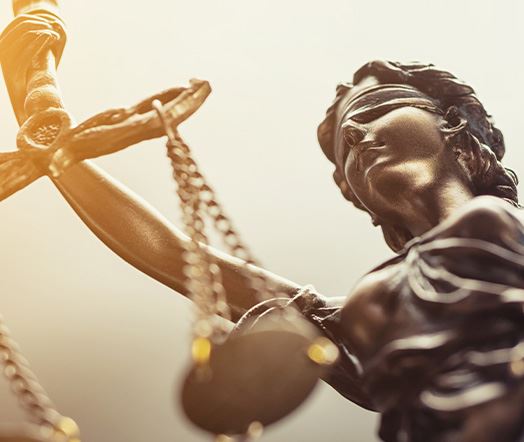June is LGBQT+ Pride Month, celebrating and honoring the contributions of lesbian, gay, bisexual, transgender, and questioning Americans have made to society while advocating for equal justice and opportunity throughout the country. In the aftermath of George Floyd’s death, this year the community is elevating African American voices in solidarity with the Black Lives Matter movement.
In fact, the sociopolitical causes of both LGBQT+ members and African Americans intertwine when it comes to police brutality and injustice. Every June commemorates the 1969 Stonewall riots after police raided the Stonewall Inn, a gay club in Greenwich Village.
According to a 2013 survey by the Williams Institute at the UCLA School of Law, 48 percent of the LGTBQ community who are of color and transgender that experienced violence reported to be victims of police misconduct and are uncomfortable with seeking help from law enforcement officials. In a US Transgender survey by the National Center for Transgender Equality in 2015, 58 percent of the respondents experienced verbal harassment, physical/sexual assault, and being forced to engage in sexual activity to avoid arrest when interacting with the police.
Furthermore, LGBTQ officers experience bias and discrimination within the department and among their peers, preventing them from coming out, obtaining promotions, or staying on the force. Common examples of discriminatory treatment by other police personnel include the use of homophobic slurs, continuous verbal harassment, sexual assault and harassment, intentionally using the incorrect pronouns for transgender officers, and retaliation for speaking up about these discriminatory practices.
Today, however, the Black Lives Matter cause is leading the awareness of police brutality. Unarmed African Americans are nearly 3.5 times more likely to be killed by law enforcement officials compared to unarmed white Americans. Data from Mapping Police Violence, a research collective, shows that 69 percent of black people killed by police in 2019 allegedly did not carry a firearm and were not involved in a violent offense.
While the festivities may be different compared to previous Pride Month celebrations, the calls for equality and justice are equally as impactful.
If you or a loved one has been arrested and been a victim of police misconduct in Denver, CO, contact The Orr Law Firm today at (303) 747-4247 and schedule a free consultation. We are ready to protect your rights and freedom.


